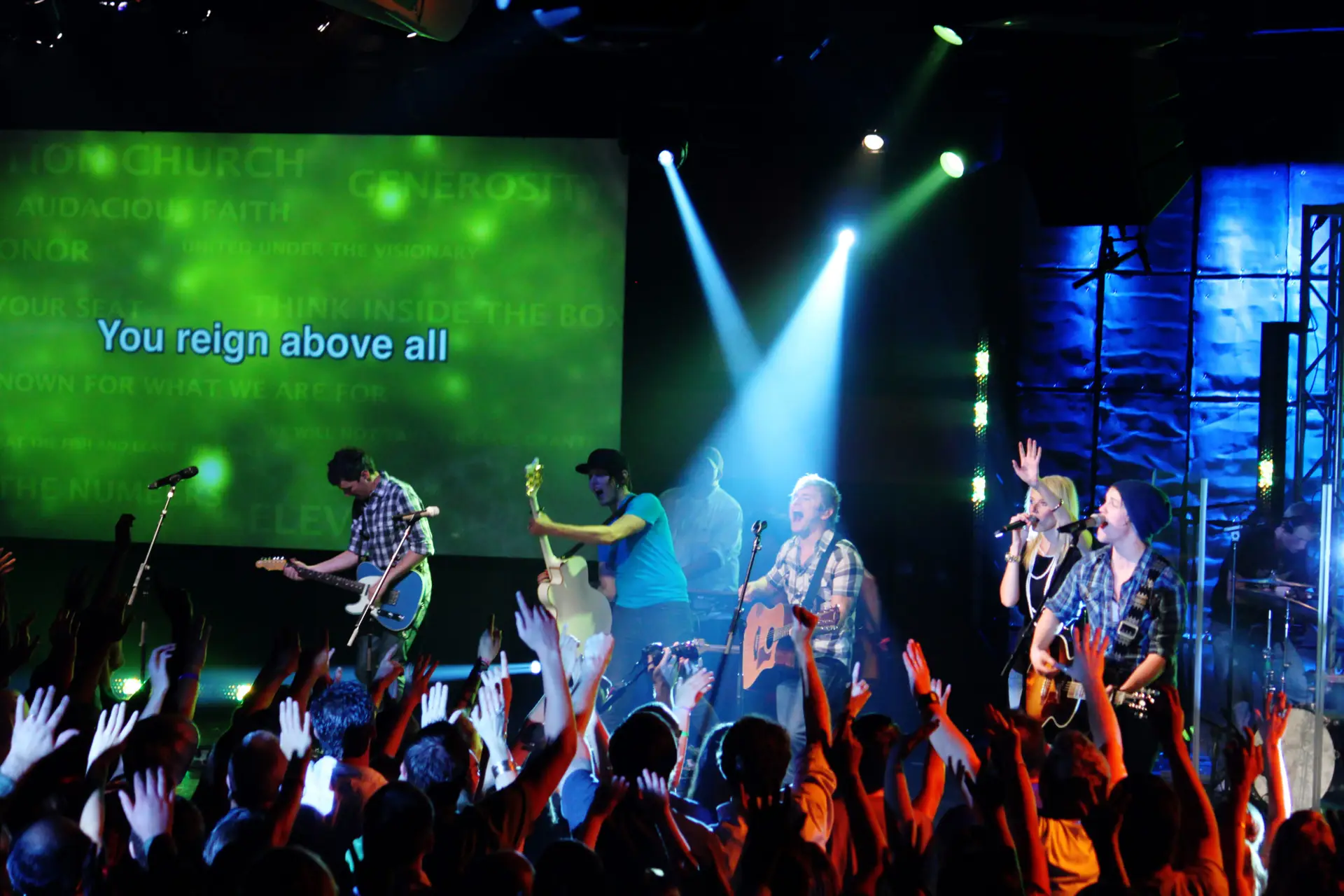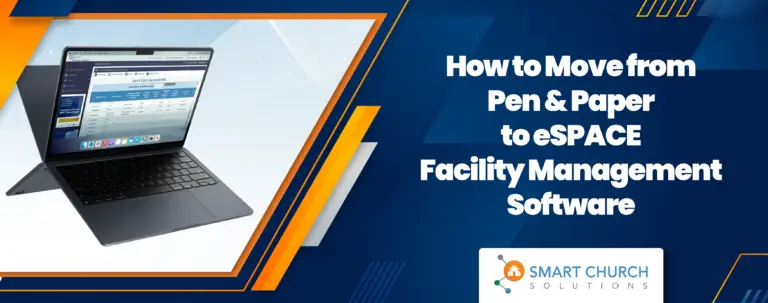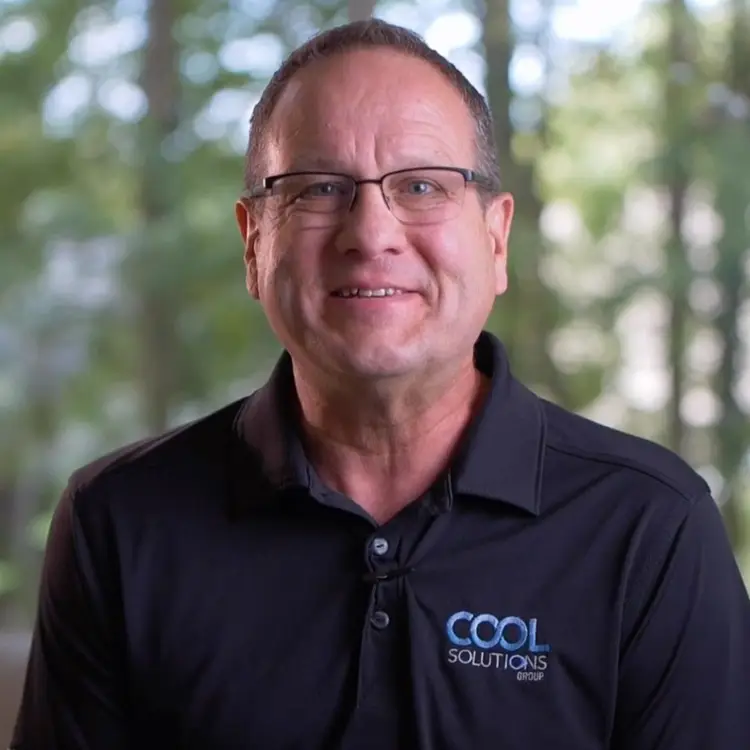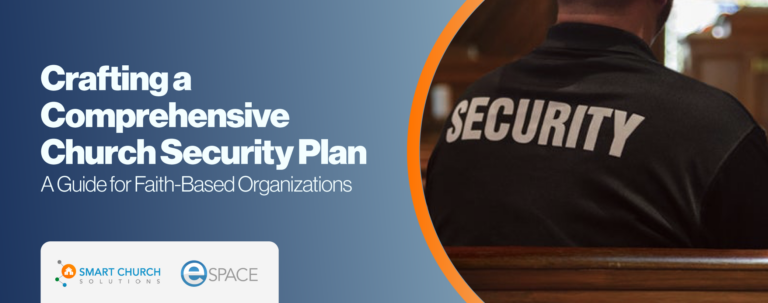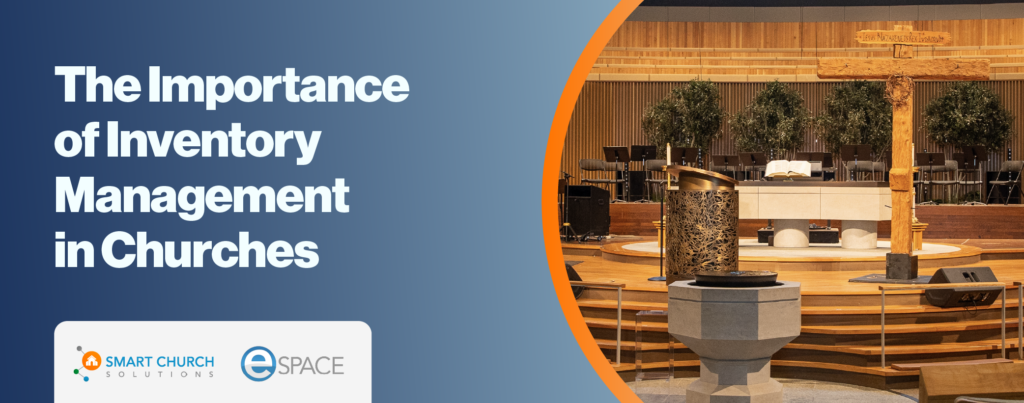Churches these days represent a lot more than just providing a brick-and-mortar venue where people come together to worship. Today, churches are communities.
Yes, today parishioners don’t just arrive at church, attend service and go home. They visit the social hall after service for coffee and conversation with their fellow churchgoers. They attend summer church community events. They participate in special concerts or choir events throughout the year. They host marriage retreats, vacation Bible school, and financial seminars. Some may even have a school and have to accommodate a variety of events throughout the year per the class curriculums. The list goes on for the number of things that can and do go on within a church’s facility.
A church event, like any event, isn’t something that you can just throw together in a moment’s notice. It takes a great deal of planning if you want the event itself to be a success when it’s all said and done. And there’s significant payoff into thoroughly planning your events. Like we said above, churches these days are communities. Planning successful events can help draw your new members into your church’s community in addition to appeasing the current congregation. This post will take a look at four major things you need to be doing today if you want to ensure successful events inside your church facility in the days, weeks and months to come. Here’s a look:
How to host successful church events and parties
1. Prepare in Advance
You can’t plan for any type of church event if you don’t have an idea of how many — and what types of — events you’ll be hosting within the facility in a calendar year. So, before you get into the nitty-gritty details of planning any type of church event, it helps to do a little bit of forecasting so you can gauge what you’re going to be up against. Put together a rough list of the events you can think of that are annually hosted by the church, as well as what type of volunteer efforts are necessary and the other setup details that are required to pull them off. Pro tip- This is best managed in an event scheduling software. From there, you can put together a plan to help these various events come to fruition. Keep adding details to your events as the process evolves, such as when to start planning each event, supplies you’ll need to acquire, seating arrangements, etc. This will become a great resource for planning parties and also for documenting lessons learned throughout the planning process to chart improvements for future planning. A great way an event scheduling software can help with these things is by setting system reminders to review an event as it is coming closer to the start date. You can also log information from past events to see what was done well and what can be improved.
2. Consider Rooms/Resources
After you know what types of events you’ll need to account for, your next step is to map your resources and also zero in on the areas within the church or church social hall where the events will be hosted. Here’s a look at some of the next steps you should be taking and questions you should be asking yourself as you move throughout the process:
- Where will the event be hosted? Are you able to designate a room or two to host the event, or will it require the entire church building or social hall?
- How many people do you need to help you plan/work it? Successful events start with good planning. Get an idea of what kind of crowd you are looking at and what will be needed, then you can add more logistical details with ease.
- Will the event require special supplies? By this, we mean supplies that aren’t already located within the church’s storage unit. Tables and chairs are likely a given, but will the event require anything else for it to go off without a hitch that you’ll have to acquire elsewhere or borrow from a fellow parishioner? Think of things like audio/visual equipment, a stage, catering, etc. What about decorations? Make sure you know so you’re not scrambling at the last minute for things.
- Will the event be outdoors or indoors? If it’s outdoors, will you need a tent or some sort of sheltered area? What will you do about restrooms? Do you have to worry about neighbors and noise? What happens if you have to move the event indoors because of poor weather?
- Is there a capacity limit that you can’t exceed? What happens if more people show up for the event than can be safely or adequately accommodated?
Not sure which spaces and supplies you’ll need? When planning your event’s logistics, it’s crucial to have detailed information about each space within your facility. Our Facility Data Sheet assists in cataloging room dimensions, equipment, flooring types, and more. Start making informed decisions about space utilization, download a free copy here.
3. Coordinate
Does your church have a facility management team or a designated event scheduler? If so, then they should be engaged in the event planning process from the very beginning stages, as they can assist with reserving facilities and identifying resources. Here’s just a sampling of what a good facilities coordinator can help you out with:
- Choosing and booking the correct room to meet the event’s needs
- Choosing what resources may be needed such as tables, chairs, projectors, coffee pots, etc. and making sure they are available.
- Coordinating any type of human service which may be needed such as AV, catering, security, childcare, etc.
- Miscellaneous item arrangement and physical setup, such as stages, portable restrooms, flowers, centerpieces, etc.
4. Leverage the Right Technology
If you’re looking to take your church planning operations to the next level, then it would behoove you to acquire and implement event management software. Though all software of this kind has a cost, the investment is almost always worth it in the long run thanks to the enhanced efficiency that these solutions help enable. The right event management software can streamline the planning process, from booking rooms in the church building for events to coordinating meetings with team members and vendors to requesting other intangibles that also need to be arranged. The eSPACE Event Scheduling software also makes it as simple as possible for your congregation to request events or facility rentals without requiring a phone call to see what is available. We provide an option for folks to publish an event request form on their website to make it seamless for people to request an outside event. Some other benefits include:
- Manage, identify and reserve spaces and resources
- Coordinate invoicing and billing for rentals
- Ability to detect any conflicts in real-time
- Ability to manage events across multiple locations
- Customizable forms
- Real-time data reporting
- Track registration and volunteers/staffing
Most of today’s event management software programs are simple to use and easy to learn, which only makes them more valuable for a church.
Technology can simplify event planning—but where do you start? Talk to an expert for free and get personalized recommendations. Book a free call here.
Take Your Church’s Event Planning to New Heights
Are you ready to take your church’s event planning to the next level? The right event management software can help bring everything together and bridge any gaps that may naturally occur in the planning process. As a church community, it’s a great benefit when you have the participation and enthusiasm for a variety of events to occur outside of normal worship times throughout the year. And an investment in your event planning isn’t just a commitment to hosting various activities, but an investment in your church’s community too. Take your event planning to new heights today. You’ll be amazed at how much more you can accomplish and how much more efficient and streamlined you can be.


